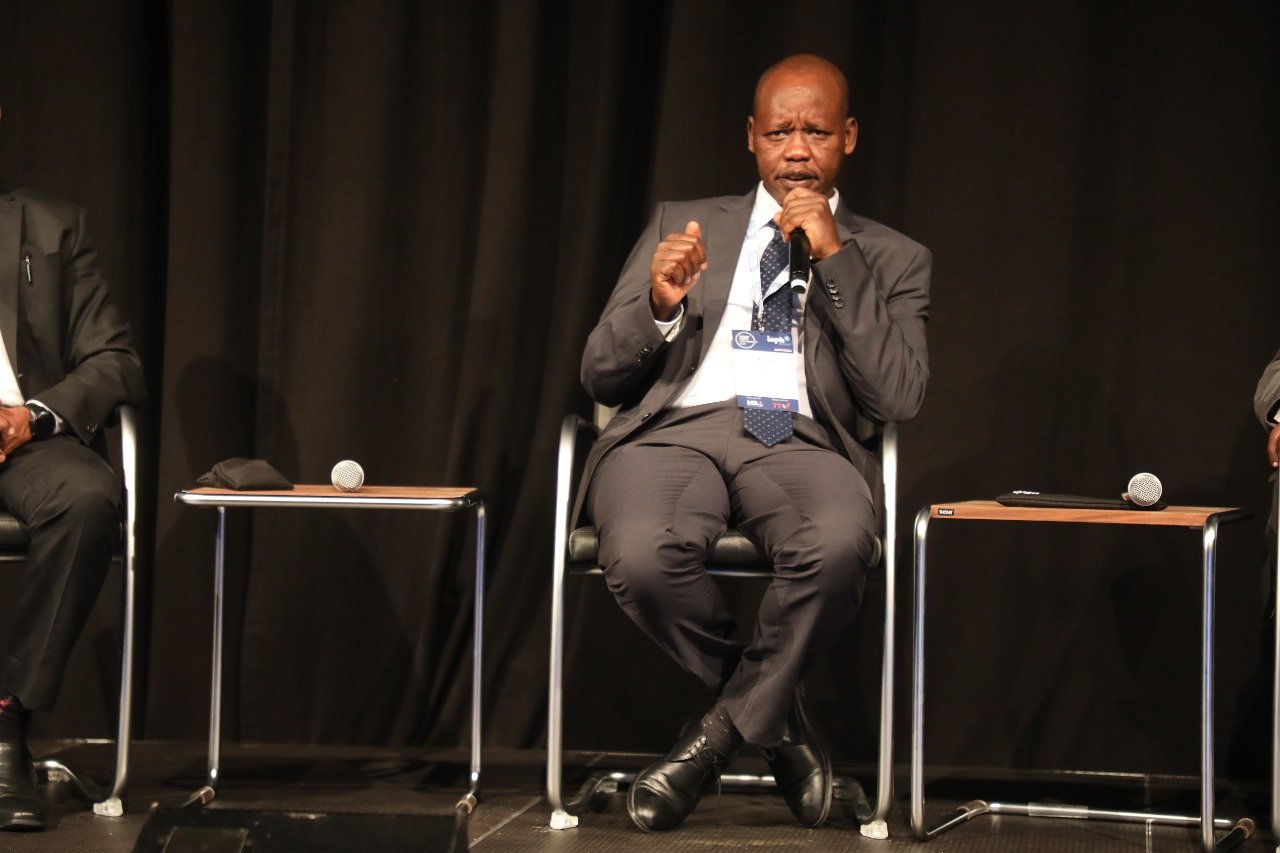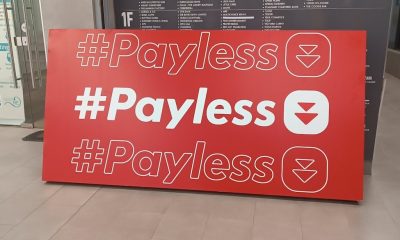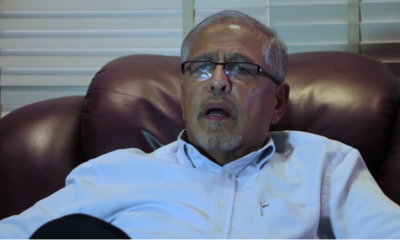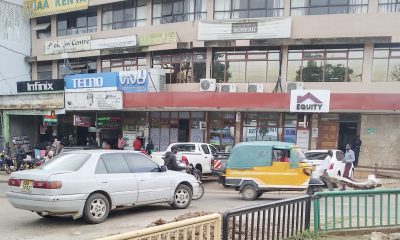News
Ruto’s Risky Gamble: Lake Gas LPG Scandal Puts Lives, Environment at Risk
Marine safety experts have condemned the move, branding it “reckless” and “an environmental time bomb.”

Kenya Ports Authority (KPA) Managing Director Captain William Ruto has been thrust into the spotlight for greenlighting a highly controversial Liquefied Petroleum Gas (LPG) operation by Tanzania-based Lake Gas Limited at an unfit and dangerous terminal in Kilifi.
Despite an internal KPA report warning of extreme navigational and safety hazards between May and September including high ocean currents, risk of vessel drift, cargo spillage, and potential explosions — Ruto has allowed Lake Gas’s vessel MT Barumk Gas/Sub to proceed with a risky offshore LPG discharge operation.
Marine safety experts have condemned the move, branding it “reckless” and “an environmental time bomb.”
The operation comes just weeks after KPA’s own senior marine pilots concluded that any such discharge at the Kilifi terminal during this season was near-impossible and dangerous without critical infrastructure like a breakwater wall — which Lake Gas has refused to build.
“This was clearly a high-risk shortcut,” said a marine expert, who spoke on condition of anonymity.
“To proceed with 12,000 metric tonnes of cooking gas in treacherous waters, ignoring expert warnings, is not just regulatory negligence — it’s courting disaster.”
The decision, masked as a “trial run,” appears to be part of a troubling pattern under Captain Ruto’s leadership, where profit and political pressure are prioritized over public safety and marine integrity.
The Kilifi terminal is situated perilously close to Kenya’s coastal marine parks, including Watamu and Malindi, and is far from the main port in Mombasa, rendering it highly vulnerable to piracy and lacking rapid emergency response capability.
Even more damning, the National Environmental Tribunal has already found Lake Gas and its local partner, Vipingo Development Limited, in contempt for violating a January court order that halted construction of their 22,000 MT gas storage facility.
The two companies were fined Sh2 million — a penalty critics say is laughably small given the environmental stakes.
Ruto’s justification? “This will be a trial operation,” he told reporters, while simultaneously downplaying the very simulation that concluded such operations should only occur between November and March, and only under calm sea conditions.
Meanwhile, KPA refused to disclose how many tugboats were available to manage the high-risk operation, which experts say would require at least two tugs to stabilize the tanker for days, potentially disrupting operations at Mombasa port and increasing consumer gas prices due to likely demurrage.
The unfolding saga now raises urgent questions: Why is KPA enabling a known defaulter like Lake Gas to flout court orders and operational safety protocols?
Why is the Managing Director endorsing a hazardous trial that contradicts his own agency’s expert advice?
With Kenya’s coastline, tourism sector, and thousands of lives at risk, the KPA-Lake Gas affair is rapidly shaping into not just a regulatory failure — but a scandal of epic proportions that could explode at any moment.
Kenya Insights allows guest blogging, if you want to be published on Kenya’s most authoritative and accurate blog, have an expose, news TIPS, story angles, human interest stories, drop us an email on [email protected] or via Telegram
-

 Investigations2 weeks ago
Investigations2 weeks agoHow Land Grabbing Cartels Have Captured Ardhi House
-

 Business2 weeks ago
Business2 weeks agoPanic As Payless Africa Freezes With Billions of Customers Cash After Costly Jambopay Blunder
-

 News3 days ago
News3 days agoTemporary Reprieve As Mohamed Jaffer Wins Mombasa Land Compensation Despite Losing LPG Monopoly and Bitter Fallout With Johos
-

 News2 weeks ago
News2 weeks agoSCANDAL: Cocoa Luxury Resort Manager Returns to Post After Alleged Sh28 Million Bribe Clears Sexual Harassment and Racism Claims
-

 Investigations1 week ago
Investigations1 week agoHow SportPesa Outfoxed Paul Ndung’u Of His Stakes With A Wrong Address Letter
-

 Investigations3 days ago
Investigations3 days agoFrom Daily Bribes to Billions Frozen: The Jambopay Empire Crumbles as CEO Danson Muchemi’s Scandal-Plagued Past Catches Up
-

 Sports2 days ago
Sports2 days ago1Win Games 2025: Ultimate Overview of Popular Casino, Sports & Live Games
-

 Investigations1 week ago
Investigations1 week agoInside the Deadly CBD Chase That Left Two Suspects Down After Targeting Equity Bank Customer Amid Insider Leak Fears


















